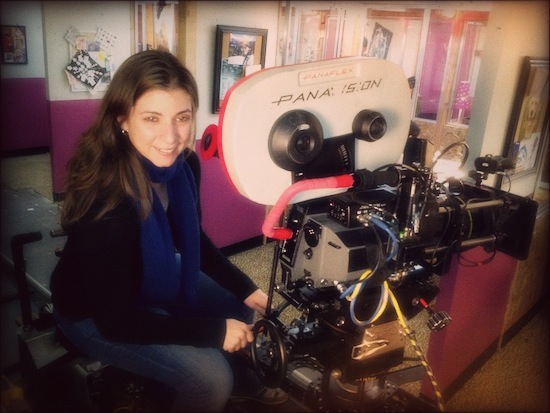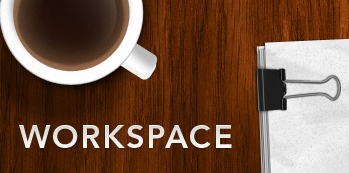Pivoting off the discussion Craig and I had about [Charlie Kaufman’s speech](http://johnaugust.com/2012/zen-and-the-angst-of-kaufman), Josh Barkey outlines a path that may lead screenwriters to [resent their audience](http://joshbarkey.blogspot.com/2012/01/why-charlie-kaufman-might-hate-you.html):
> A. Art is often an outgrowth of the self’s desire to be loved. An artist’s motivation for making things is often, at some primal level, an attempt to say to other people: please, please love me.
> B. If the artist is honest, works hard, and tells the truth, art patrons will often recognize themselves in the art. They’ll respond emotionally, and some of the love they feel for the artist’s product will inevitably spill over to the artist.
> C. This love is, however, conditional. It requires the artist to make new and interesting things, and quickly becomes bored and withdraws love when the artist does not.
> D. The artist feels betrayed by what he or she perceives as mis-directed and conditional love, and begins to resent the audience for not loving unconditionally enough.
> E. Although the artist might even be aware of the irrationality of this resentment, the resentment can nonetheless shrivel into bitterness, which eventually shrivels into hatred.
I’d argue that for screenwriters, the “audience” is very often not movie-goers but rather the producers and studios who pay us to write. These are the people we’re trying to please and impress.
When they love our work, we feel loved and validated. When they don’t love our work — even though we know it’s better work than they previously praised — we can’t help but feel jilted.

